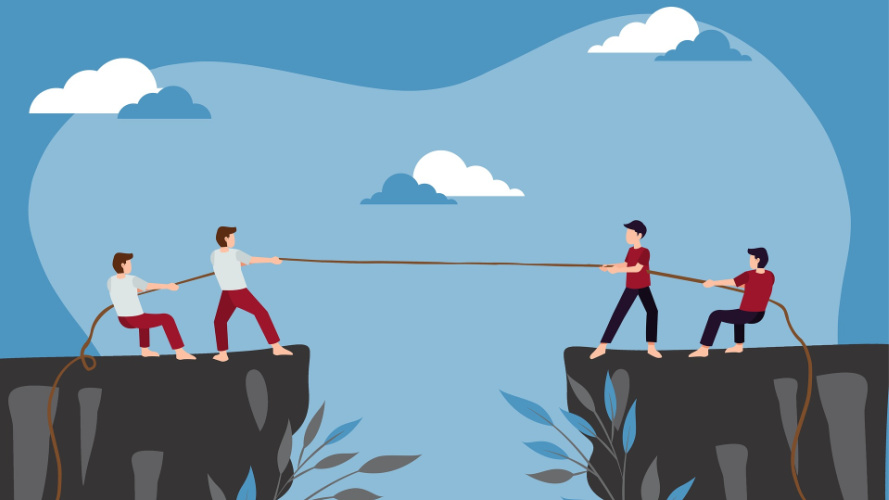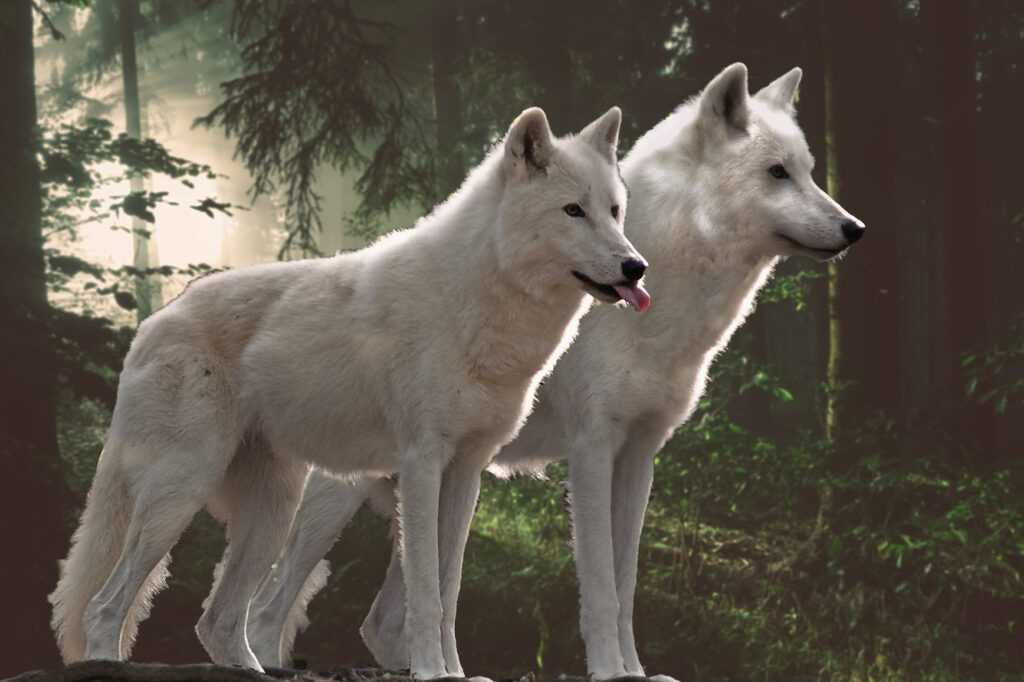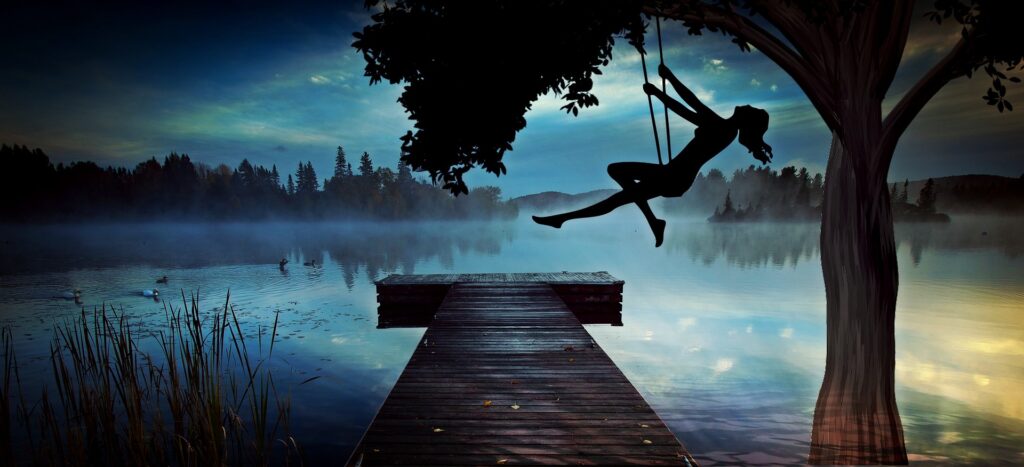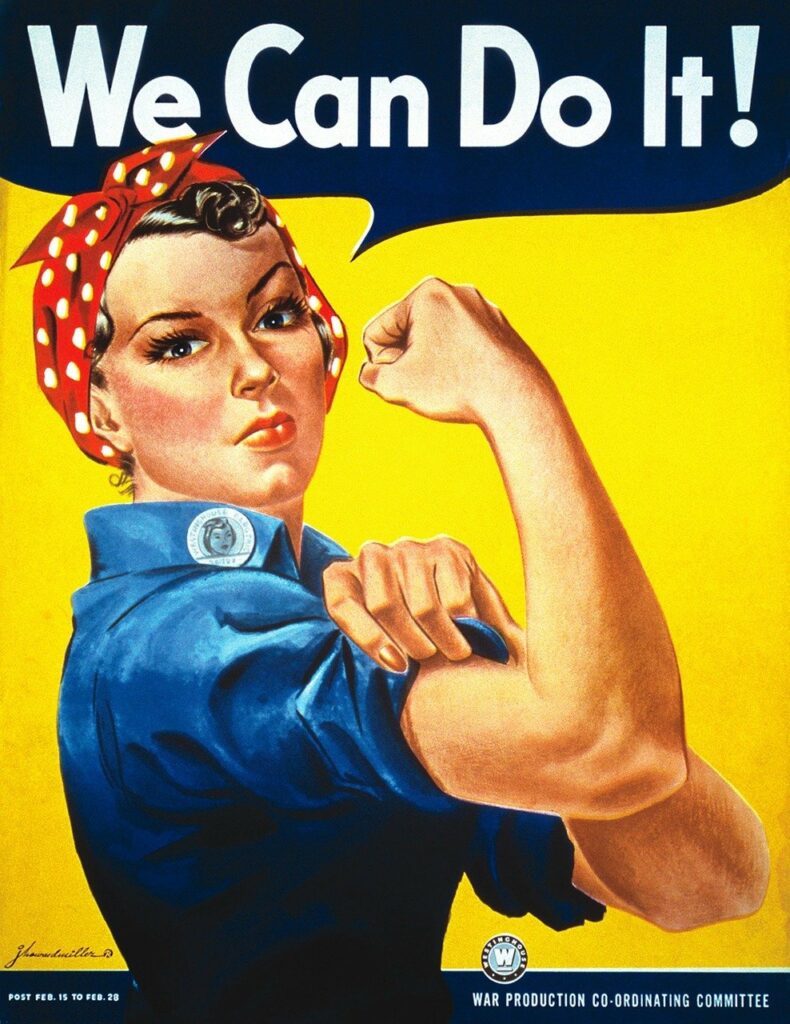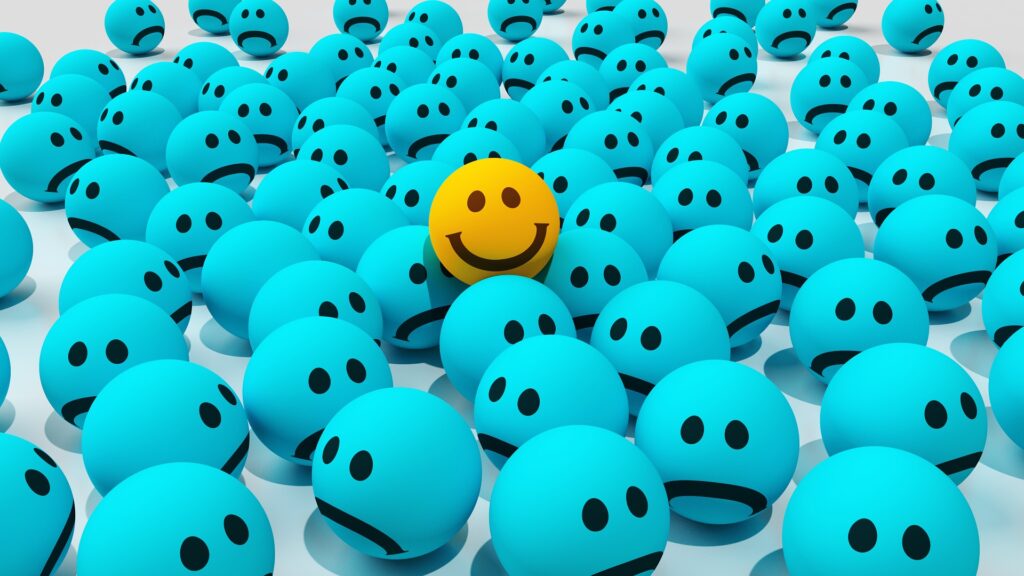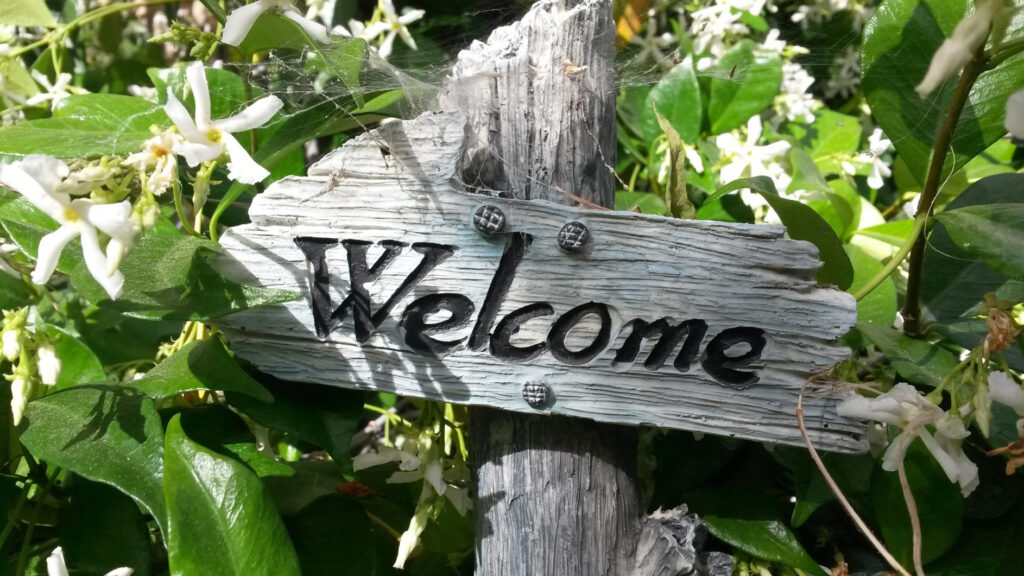
Here in the northern hemisphere, spring has finally arrived. Spring! Spring! My personal favorite time of year. And what am I getting? Temperatures heading below freezing and predictions for snow! I could be downright ornery about that. I could stomp my foot and shake my finger at the sky and yell, “Boooo!! How dare you!” at the weather. But a lot of good that would do, hey?
It would make about as much sense as me trying to change Ted’s political views, or Rene’s religion, or Mary’s methods of handling money—as much they may differ from my own. No, the wiser course is to accept what is and love life anyway.
Most of us feel an inner friction when the world doesn’t match our stories about how things should be. We believe in the intrinsic truth of our stories. We identify with them and feel that they define who we are. So it’s all too easy to take it personally when we run across situations or views that contradict them. We take offense. We want to gear up for battle against what seems an attack—against the thing that suggests that we’re wrong to believe what we’re certain is right and true.
But is there another way to handle contradictions to our beliefs, besides fighting against them? I ran across a quote this week that said, “We can’t change what life brings to our door until we learn to change the way in which we answer it.”
I can’t change the weather (or Ted, or Rene, or Mary, for that matter), but I can take charge of my disappointment in it. I can begin by accepting that it is what it is (and that my friends are who they are). I can look at the situation and see what part of it is upsetting me, and with that information in hand, I can look for ways to address what I’m experiencing as a problem.
If I step back from my distress over the predicted freezing weather, I can see that what’s upsetting me isn’t the cold itself, but its threat to my baby tulips. Then I can set about protecting them.
Stepping back from my differences with my friends’ beliefs is a little harder. I have to admit that maybe their reasons for thinking as they do are as valid as my reasons for my own beliefs. Maybe they formed their beliefs the same way I acquired mine—from childhood experiences or training, from what they read or heard in school from trusted teachers, or from media, or friends. I have to accept that maybe I don’t have a lock on the truth. Maybe it’s different or bigger than either my friends or I suppose.
Regardless of why their opinions are different from mine, I have to ask myself whether the differences are bigger than our friendship. Aren’t there many other areas of life where we are in harmony?
With so many of us at each other’s throats these days over differences of opinion, maybe each of us needs to be looking at the way we respond to what life brings to our door. When what we find there doesn’t mesh with our own ideas about what’s right or true, maybe we need to give deeper thought to how we want to respond. We won’t solve the problems that all of us agree need to be solved by fighting against each other. As author Graham Greene once wrote, “Hate is a lack of imagination.” Let’s imagine that we can be more creative by working together, that we can identify the problems more clearly, that we can be more flexible about experimenting with possible solutions.
And if we can’t, let’s accept that our differences are part of the human condition and agree to respect each other nonetheless.
Artist Andy Warhol wrote, “Sometimes people let the same problem make them miserable for years when they could just say, ‘So what?’ That’s one of my favorite things to say. ‘So what.’” There’s as much wisdom as humor in that. So your ideas differ from mine. So what? I can love you anyway. And the world will continue to turn.
Wishing you gracious acceptance of whatever knocks at your door.
Warmly,
Susan
Image by R. E. Beck from Pixabay
